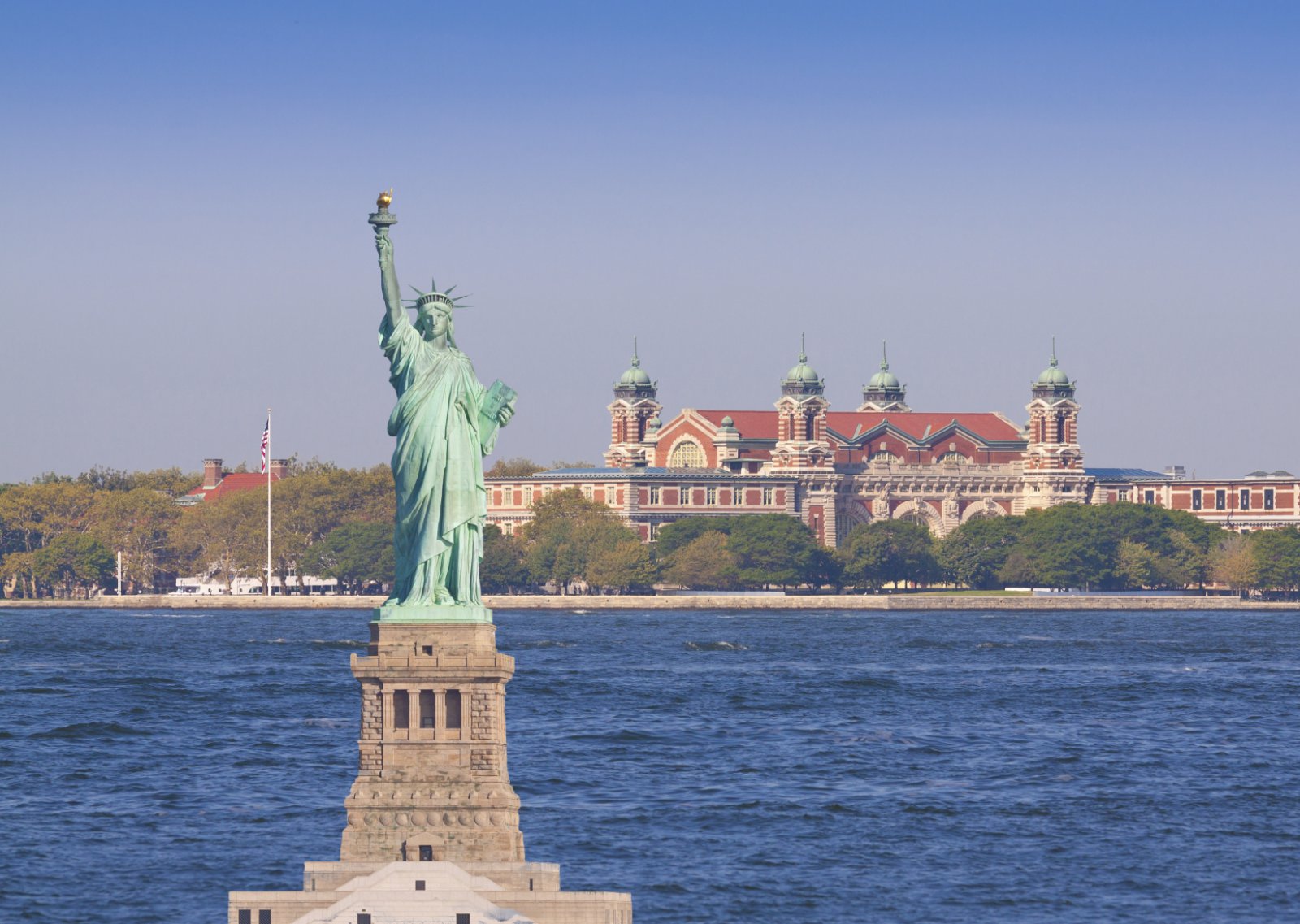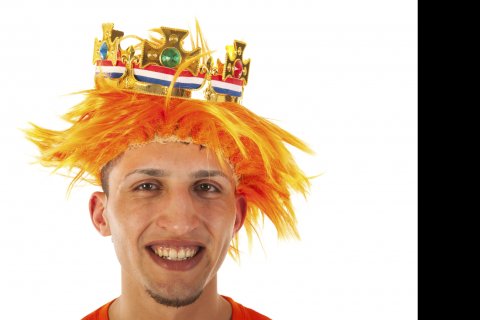King's Day: a day to celebrate being Dutch?
The unity of a country benefits from the celebration of a national holiday for the entire population. At least one national holiday to create a feeling of solidarity. "We don't or barely have such a day in the Netherlands", Maykel Verkuyten and Anouk Smeekes from Utrecht University say. Both scientists have ties to Ercomer where they research, among other things, national identity.
Verkuyten shakes his head while they run down the list of national holidays. "Some of these holidays are more likely to create tension in Dutch society than a sense of solidarity. Just look at Sinterklaas." Even though a holiday you can celebrate together can mean so much for a people's national identity. "Maybe King's Day comes close?" Smeekes says indecisively.
Difficult and complicated
Both researchers repeatedly utter the two words "difficult" and "complicated" every time they get any questions on how unity among the Dutch people can be forged. What is the problem? Verkuyten says: "In our country, national identity is implicitly associated with indigenous Dutch people. This gives the Dutch identity an ethnic meaning, and it becomes difficult to incorporate, for an example, immigrants into that."

Immigration country
It is so much simpler for immigration countries such as the United States and Canada when it comes to this subject. It is relatively simple to incorporate newcomers into those societies. "That is simply because just about everyone is an immigrant in those countries. Have you ever visited Ellis Island, near New York? The Immigration Museum is located there now. Back then, immigrants used to arrive there by boat. When they made the first step on American soil, they could say: now I am an American, because I am an immigrant like everyone else here." This immediately creates a sense of solidarity with the country and its inhabitants.
Third generation
In the Netherlands, it is not that simple in the slightest. Smeekes says: "Over here, it usually takes generations before immigrants feel Dutch and are considered to be Dutch by the indigenous Dutch people.
International research has revealed a pattern in which it takes until the third generation before people adopt the country's identity without too much trouble. "The first generation often works hard and tries not to stand out", Verkuyten explains.
The third generation often grows up more easily in the country in which they are born.
"The second generation is often more troubled: they don't feel at home in the country in which they were born, but the same goes for the country their parents originally came from. That results in friction. This second generation has to fight for its place in society. The third generation still has a symbolic heritage to the country their grandparents came from, but already grow up far more easily in the country in which they were born. The Utrecht-based scientists point out that the third generation of Moroccans living in the Netherlands are currently in primary school.
Canada embraces diversity
It is well known that indigenous Dutch people who identify more strongly with the Netherlands, have a more negative attitude towards immigrants. But isn't that true for every other country as well? Verkuyten says: "That's what you would think, but look at Canada. The reverse turns out to be true over there: the more solidarity with Canada a Canadian feels, the more tolerant they are towards immigrants. That is because Canada stands for diversity. You can tell by looking at their new government: you can't comprehend how diverse it is. The question remains how this will work on an administrative level, but it is still a statement: this is Canada. A true Canadian embraces diversity."

King's Day after all
It is beautiful that it works like that on the other side of the Atlantic, but how can a feeling of solidarity be forged among everyone in the Netherlands? The words "difficult" and "complicated" are uttered again.
Verkuyten says: "Attempts to establish a national identity always fail." According to the Utrecht-based researchers, a mutual history can help. However, we do not have one for both indigenous and immigrant Dutch people. The same goes for mutual traditions. We do have a mutual national symbol: the king. And he has a day: King's Day. Smeekes says: "Yes, King's Day. If we really have to name something that comes closest to celebrating Dutch solidarity, it's King's Day after all."

